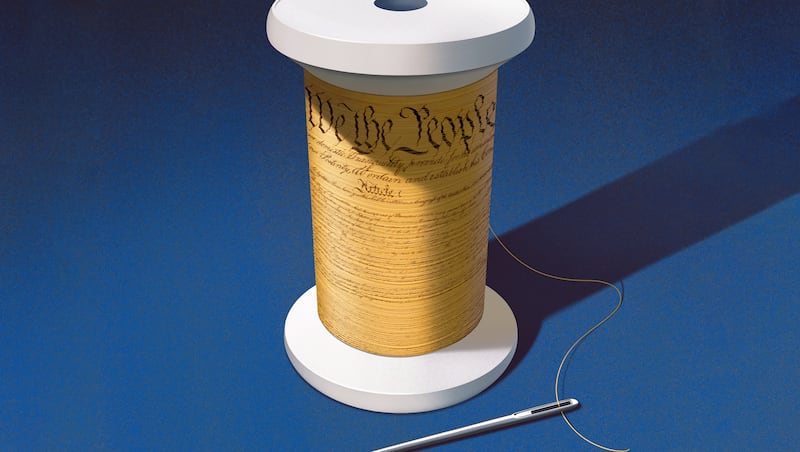The Declaration of Independence symbolized a crucial act of separation for the American colonies from British rule, marking the commencement of the United States as a distinct entity. Rather than merely proclaiming the birth of a new nation, the Declaration indicated that the Americans had evolved into a separate people due to their grievances against the British Crown. This notion of a distinct American identity paved the way for self-governance once independence was secured. However, the journey towards unity proved to be more complex than the initial act of separation. The framers recognized that establishing a cohesive nation required a significant effort beyond mere declaration; it demanded an effective framework for governance that would embody the principles they had espoused a decade earlier.
This necessity led to the Philadelphia Convention of 1787, where delegates grappled with the interpretations and implications of unity. Unity in America has historically been a contentious issue, and the framers of the Constitution sought to define it within a political framework, balancing the diverse beliefs and priorities of a dynamic society. Their ideal of unity transcended mere agreement on values; it focused on the ability to collaborate effectively despite differing views. This notion of unity as a “way of life” emphasized that politics should facilitate common action rather than enforce unanimity. In a society characterized by various beliefs and opinions, unity is achieved not by complete agreement but by working together towards shared goals.
James Madison, one of the key architects of the Constitution, captured this complex understanding of unity. He recognized that while complete agreement is unattainable, a cohesive political union is essential for the survival and flourishing of the new nation. Madison articulated the risk posed by division and fragmentation and emphasized that the shared affection and collaboration among Americans were crucial for maintaining unity. The Constitution, therefore, was designed not merely as a legal document, but as a tool to foster relationships among citizens, enabling them to bond over common aspirations even in the face of disagreement. This provided a foundation for unity rooted in cooperation and mutual benefit rather than enforced conformity.
Addressing the challenge of fostering unity amid diversity became a central theme during the Philadelphia Convention. The framers understood that people could collaborate effectively even when they maintained differing beliefs. The complications of modern political dysfunction often stem from failing to honor this principle of unity and collaboration. Political culture has shifted towards methods that prioritize swift action over constructive dialogue, undermining the cooperative spirit that the Constitution intended to uphold. This shift has concentrated power among specific political majorities, diminishing the incentive for broader coalitions and mutual understanding.
Moreover, the current political landscape reflects a breakdown in the capacity for unity as the systems established by the Constitution are overshadowed by heightened partisanship. The increasing centralization of power, particularly within the executive branch, has eroded the democratic processes meant to promote unity through negotiation and compromise. The role of courts has shifted, as they are often called upon to mediate conflicts that stem from political and cultural disagreements rather than merely enforcing constitutional boundaries. Political parties have devolved into brands that embody opposing ideologies, losing their capacity to facilitate coalitions essential for national cohesion.
To rebuild a sense of unity within American society, it is essential to revisit the fundamental principles of the Constitution. A collective understanding of unity as articulated by the framers remains vital. Citizens must approach the political framework with a perspective aimed at repairing and enhancing existing institutions rather than discarding them altogether. Recognizing the inherent value in constitutional principles and the community they foster is crucial for moving beyond contemporary disunity. The path forward involves a commitment to collaboration in political life, reaffirming the shared responsibilities of citizenship, and nurturing an enduring spirit of unity through the foundational rights and beliefs established at the nation’s inception. By doing so, Americans can revitalize both their institutions and their commitment to a unified society that respects diversity while promoting common purpose.

